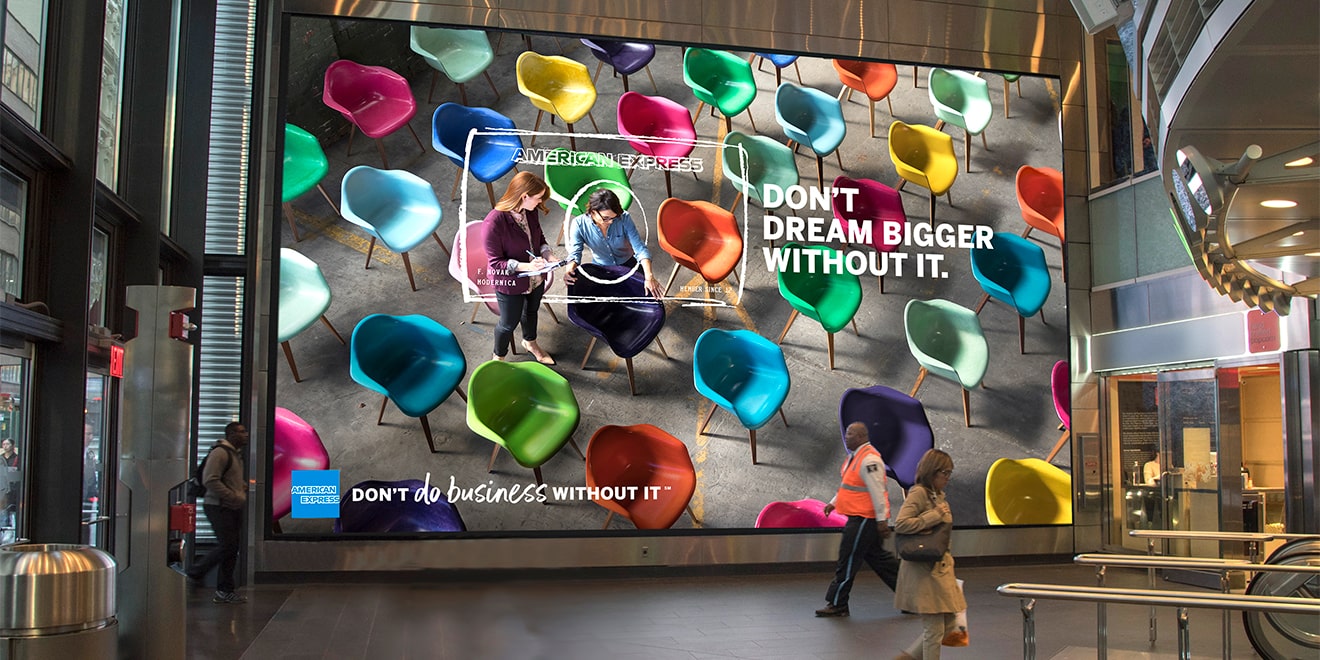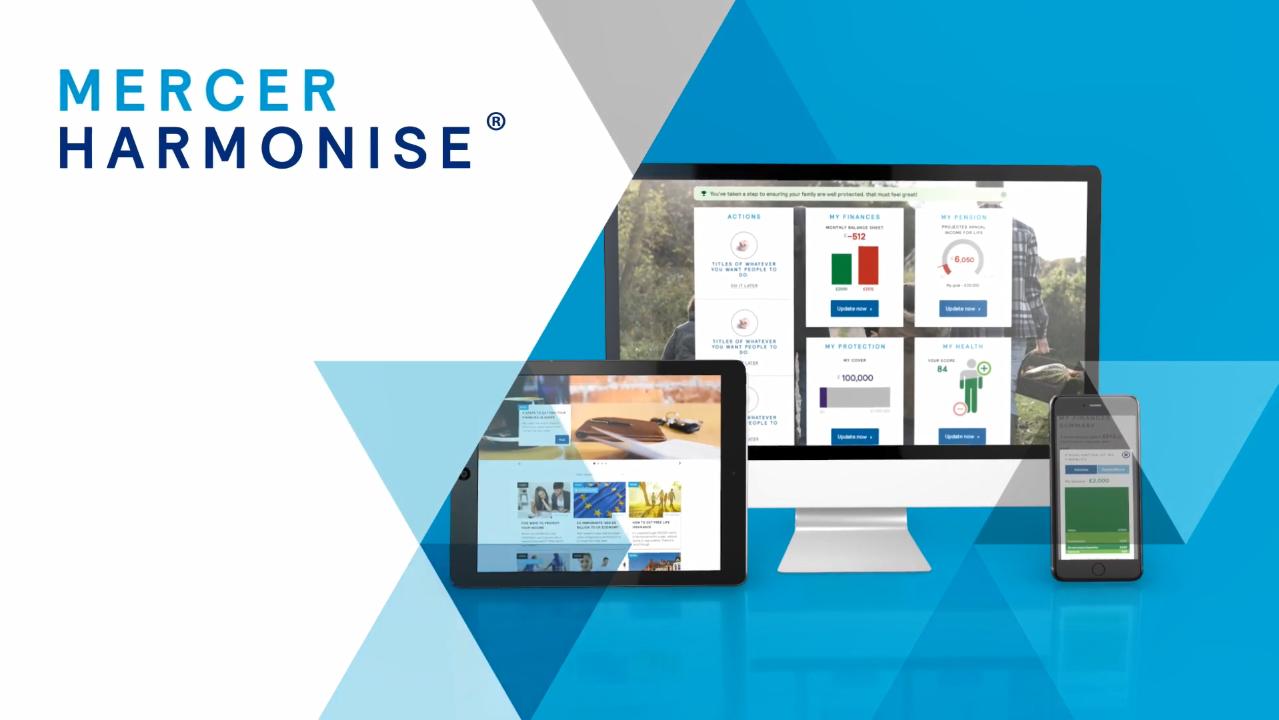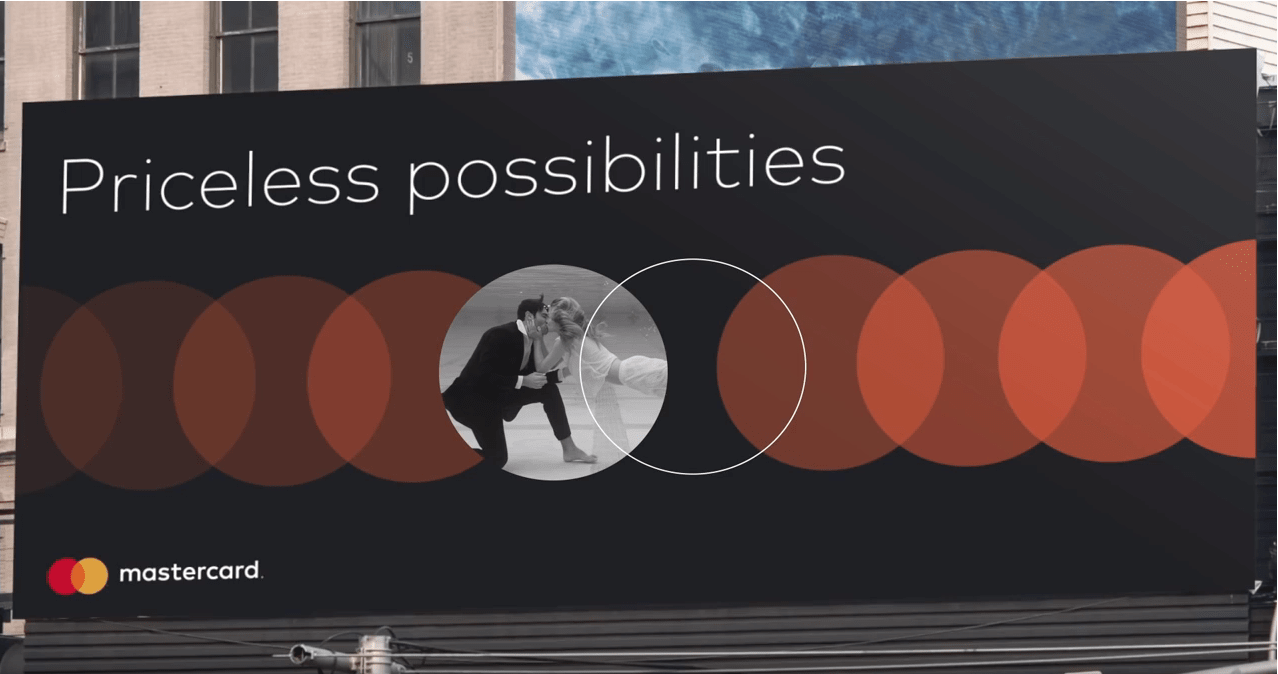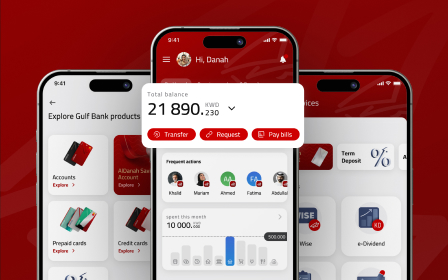How to choose a brand persona for your fintech startup?

- What is Brand Personality?
- Top 7 Reasons For Choosing Your Brand Personality
- The Difference Between Brand Personality And Identity
- What Should Brand Personality For FinTech Startups Be?
- What Are The Types Of Brand Personality?
- Top 5 Brand Personality Archetypes in Finance
- So, How To Create A Brand Personality?
- Conclusion
Creating a startup is an insanely exciting process. You keep thinking about all the possible details of your business, how it would rock the world of similar services because you’ve got the right vision on how to make it outstanding. Still, the reality bumps in all of a sudden, when you try to market your product for the very first time.
At this point, startup companies start their heavy investments in marketing, even though usually the marketing itself is not a core of a problem.
The first thing to consider here is flawed branding. To stand out of the crowd of similar services you need to have your face. You need to find your brand personality.
What is Brand Personality?
Brand Personality consists of human characteristics ascribed to your business. It is something your customer can relate to; something that makes you stand out from the crowd of similar companies. An effectively created persona adds more value to your company, by possessing a set of peculiar traits enjoyed by your consumer segment.
Brand Persona is a prototype with a specific character and communication style of its own. Being one of the main UX agency tools, it is further applied to a corporate product or brand.
Just think of Madonna for a second. She has changed her style and looks multiple times during her career, but the core has never changed: she has always been a rebel disrespecting any stereotypes and limitations.
As a branding tool, a brand persona builds a superclear product positioning to engage with people emotionally. And most decisions are still emotion-driven, even in the most conservative environment.
Top 7 Reasons For Choosing Your Brand Personality
1. Quick and clear information diffusion
Your customers would want to know more about your service from the very first time they come across it. So, if you whittle it down to a short video presentation and an 8-page document with detailed explanations, you better choose the first option.
2. Create a long-lasting impression
For a startup, it is not only essential to attract new customers, but make them remember your service. For that, you need to stand out and differ.
3. Business concept simplification
If you work in a FinTech field, your business is highly technical, and thus, sometimes it might seem way to complicated for your customers. Explaining your concepts easily and with loads of visuals is a win-win strategy here.
4. Capture The Power Of Youth
Due to the latest reports, the first consumers to adopt FinTech offerings are young people, aged 18-30. This group of people is usually characterized as innovative and preferring design creativity over the convention. The most popular services used daily are YouTube and Instagram, thus it is safe to assume, they prefer visual communication. Take advantage of that.
5. Improved Conversion and ROI
Investment in visual marketing won’t only make you stand out of the crowd, but would also significantly improve your conversion and ROI. How? Video content nowadays is claimed to be the content with the best ROI, and that is stated by 52% of marketing professionals. Moreover, about 85% of customers rely on video and are ready to buy a product after they’ve seen product video. Many fintech brands are not making a good visual content, which opens opportunities to stand out.
6. Perfect Social Media Presence
Visual marketing is a wonder when it comes to social media. Considering the fact, that your target audience spends nearly half of the day on various platforms, you should not skip a chance to engage them on social media. Moreover, you have a chance to turn a ‘boring and complicated’ deal of FinTech into something clear and simple for your future clients.
7. Beat Your Competitors
FinTech is one of the leading niches nowadays, thus the competition gets more intense every day. With the right visual marketing, you have more chances to stand out of the competitors.
The Difference Between Brand Personality And Identity
Brand Identity is the face of your company. It contains the values, the mission and all the services you have. Your identity helps your customers identify you and differentiate your company from similar services.
Without a strong visual and name, you are close to a non-existing company. An important fact here. The identity may change over time, as your company grows and develops.
Brand Persona is slightly more fundamental. Mainly because it comes first. Imagine your company was a person. You can change clothes, style, colours, mood. But you can’t really change the person’s nature.
So what your brand persona would be like? Would it be a pal or a mentor for your customers? How would it behave? How would it speak?
Among the advantages of a brand personality are the affection of how people feel about your product, which emotions they would experience when contacting your company and how they would remember you. At the end of the day, emotion is money.
What Should Brand Personality For FinTech Startups Be?
There are no particular rules to follow here. You will find tons of pages explaining how you create it but won’t answer exactly what it should be. That’s the point. To stand out you need to differ. And how you differ is something only you can know.
Still, a successful FinTech Startup Brand Persona typically is:
- trustworthy
- simple
- outstanding
- serious
Include everything that would make your customers feel your solid support whenever they need you.
What Are The Types Of Brand Personality?
We have already defined, that you should imagine your company as a human and describe a wide set of characteristics for that person. Still, the work is pretty much done already by leading psychologists, like Carl Jung and Sigmund Freud. They classified society and defined several types of characters that are most widespread.
Now, we have the ‘encompassing personas,’ that come out of different personality traits you can refer to your business. Here are examples of those traits:
- Excitement
- Desirability
- Sophistication
- Competence
- Sincerity
Those are the basic characteristics of how you present your company, conduct the communication with your customers and lead the dialogue. From those traits come the popular personality archetypes. Let’s take a closer look at them.
Top 5 Brand Personality Archetypes in Finance (With Examples)
The Ruler: its primary role would be defined as creation of a specific order out of complete chaos. This brand would appear as a figure of authority, able to lead you through the various issues with due safety and stability. It’s about competence.

The Magician: this one has nothing to do with magic and tricks. This type is all about making the client’s wildest dreams come true. It would show the world in an entirely new light and transform it into a special place to live in. Always inspiring, motivating and showing the light at the end of the tunnel.

The Sage: develops mental capacity, sustains a high level of wisdom, relies on intellectual growth, logic, and innovations. It is all about absorbing knowledge, always learning and mentoring others.

The Hero: this kind of brand would have only one goal, save the world and inspire others to do the same. It would be bold, active, brave and challenging. So, once you are in trouble, you’d most probably want help from ‘this guy.’

The Caregiver: is about sincerity, like a loving mother caring for her child. It’s goal is to ethically support health, stability and peace. It benefits fintech brands by giving a consistent feel of stability, good cause and caring support.

How To Define A Brand Personality?
When selecting a brand personality, try to imagine it like somebody you know at work. You get used to that person’s style, the manner of talking, behavior, etc. Same with your business. People get used to one image you present. If you change your appearance, they get confused and won’t be able to identify you as you.
Therefore, before launching your marketing strategy make sure you’ve taken good care of your startup’s:
- tone of voice, or how you prefer to talk with customers
- message, or your mission, goals and tasks
- colors, so your customers start identifying them as yours
- fonts, for customers to get used to them
- and other elements, like story, logo, imagery, etc.
So, How To Create A Brand Personality?
Well, that might sound silly, but you simply have to pull all the elements together and think of what they are forming out.
How to identify your brand personality? Define the tone of your communication, basic characteristics of your company. Answer questions like, ‘should it be silly or serious? masculine or feminine? positive, neutral or negative?’ How would one communicate with all those characteristics combined?
That is how you would come to an understanding of what your Brand Persona would look like.
The Process Brand Personality Developing
When building a brand personality for your FinTech startup you would need to go through several consecutive steps, like
- Research on what is brand personality and its main types
- Decide what Personality fits your business and target it
- Execute a strategy and plan it thoroughly
- Create an image that can be associated with real people
- Define the imagery of your user
- Plan the communication strategy and its consistency
Conclusion
The most notable companies have strong personalities that resonate with their name whenever we contact them. We perfectly know the face of Nike, Apple, Axe, Coca-Cola, Google, etc. Their names recall with loads of carefully thought-through details.
Today you have to ask yourself a question ‘what is my brand personality’? Would it be memorable? Would it stand out of the crowd of similar services?



